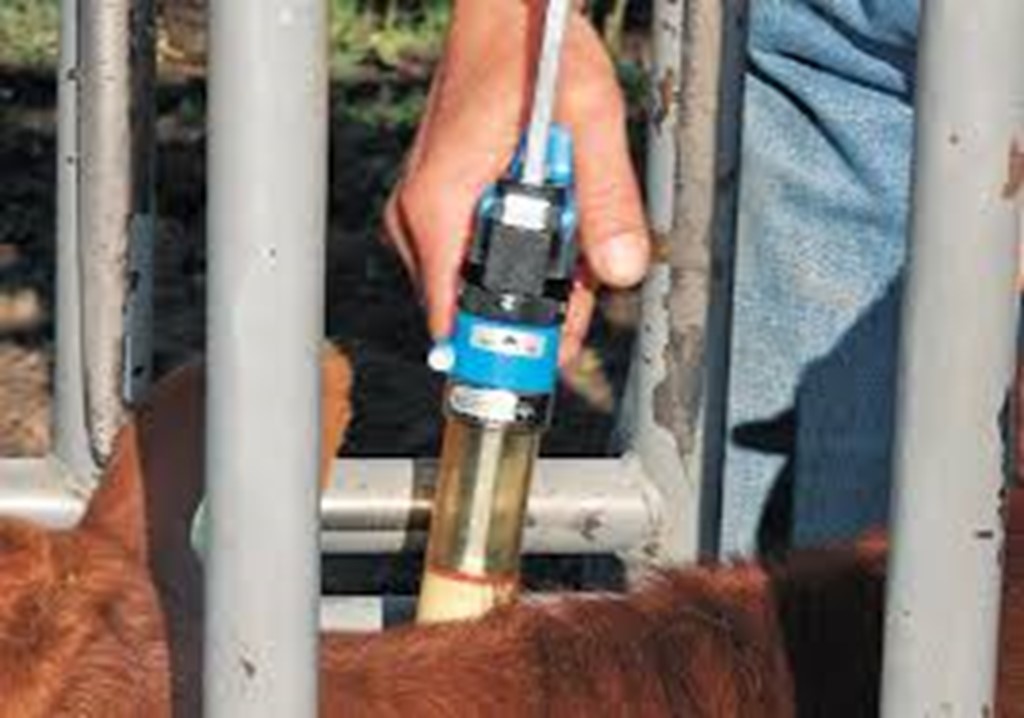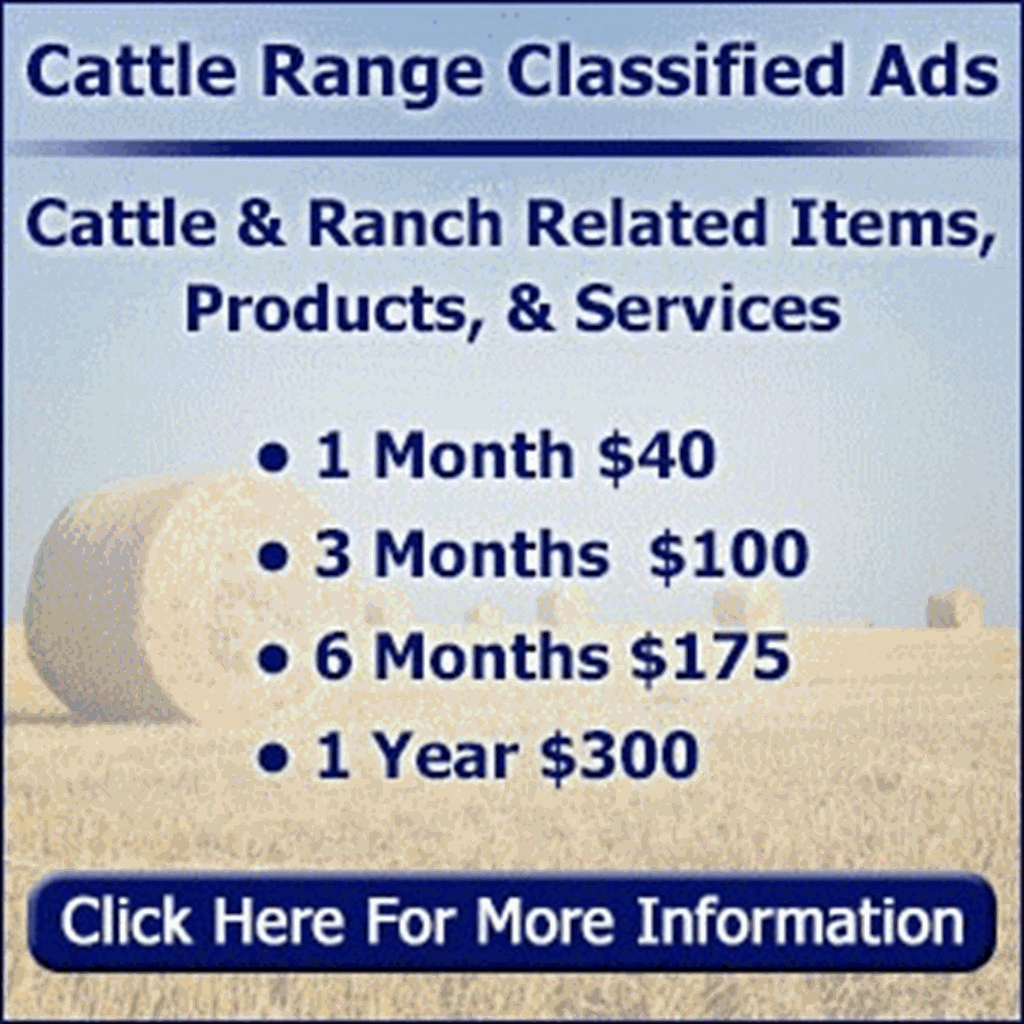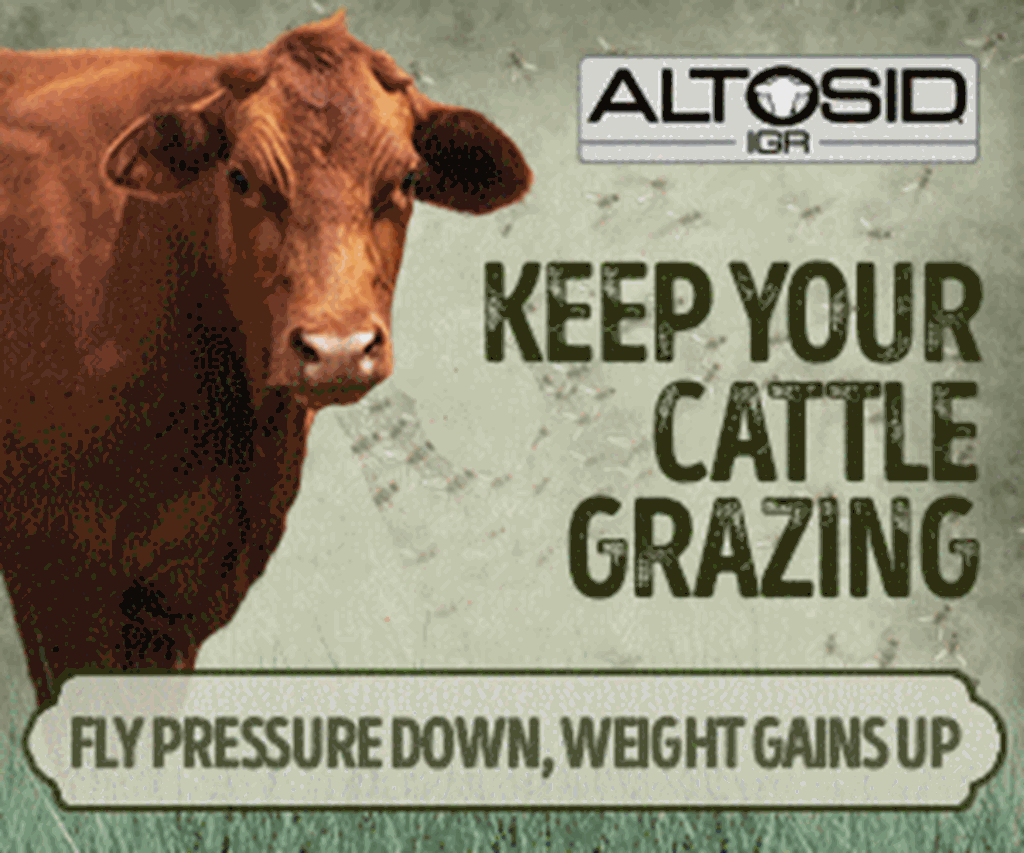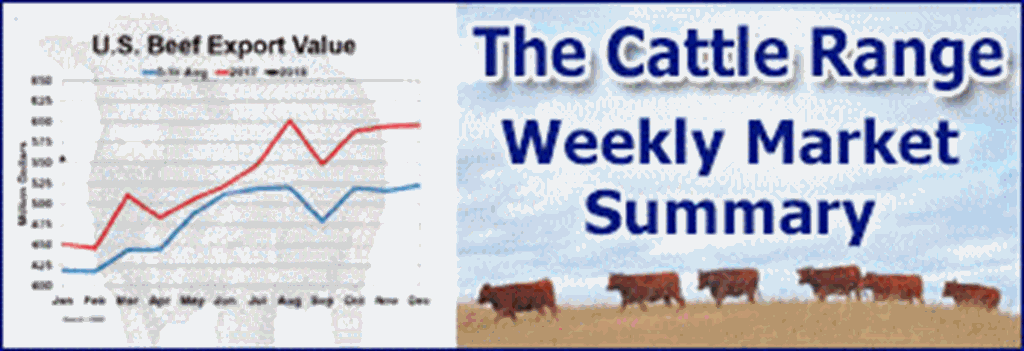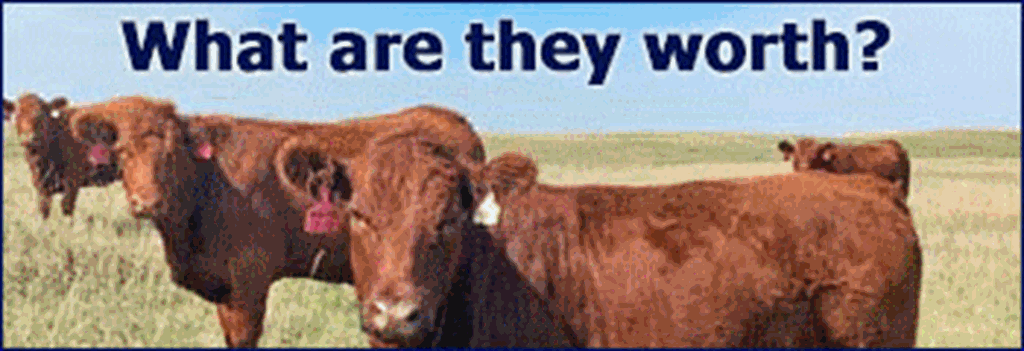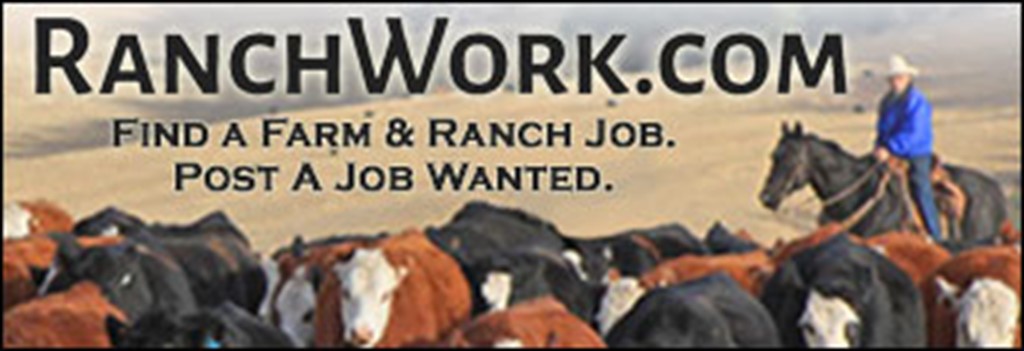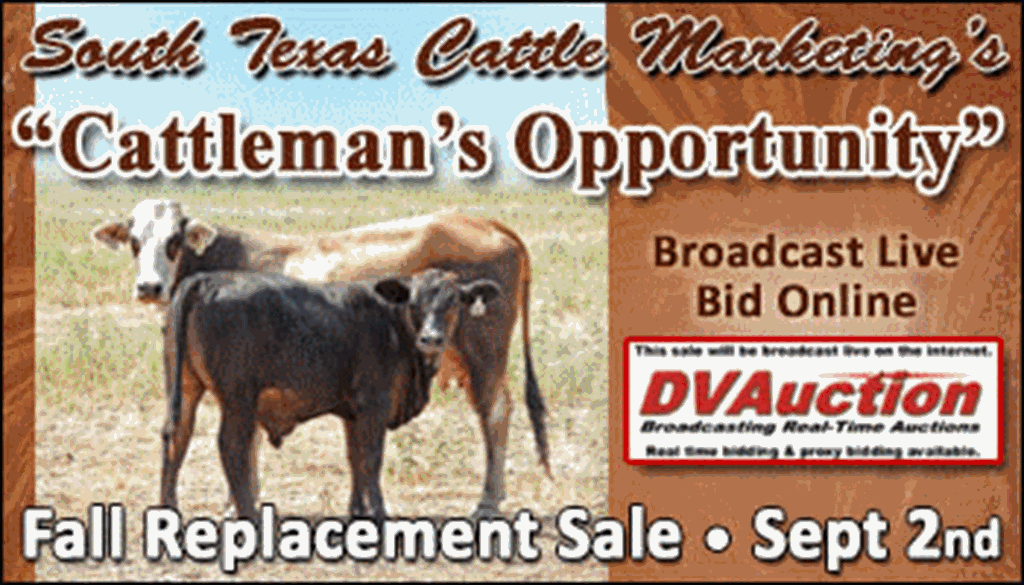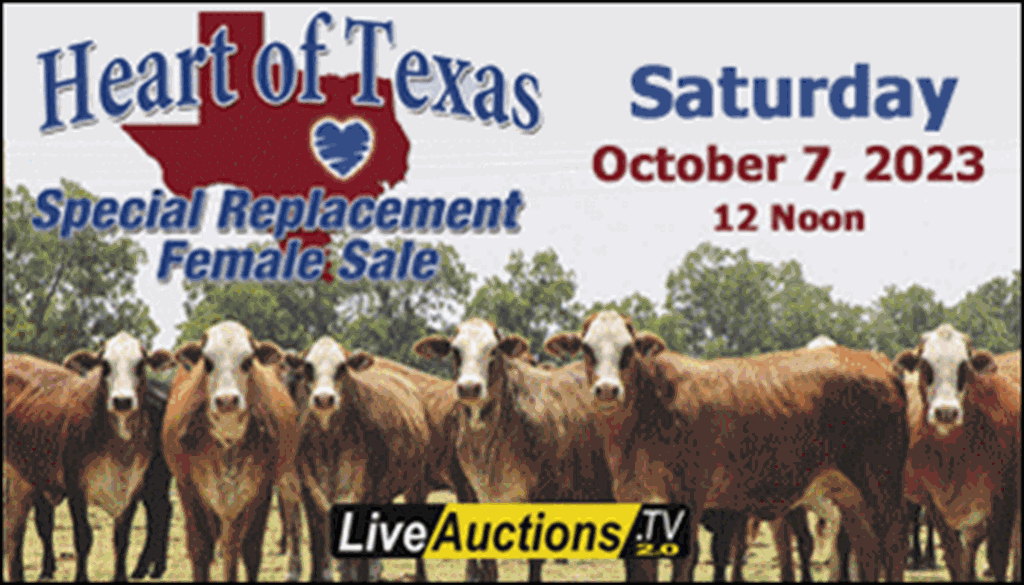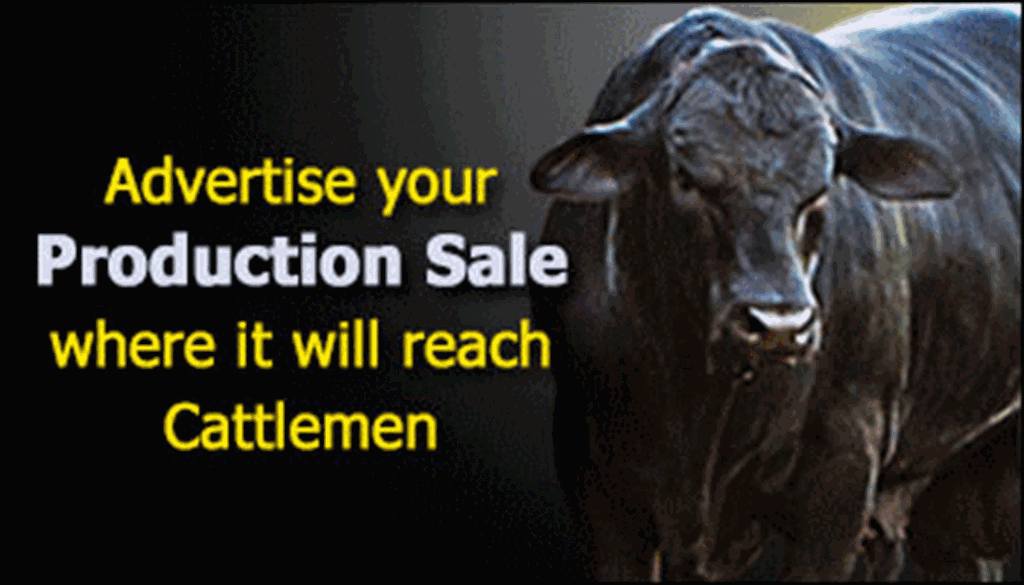The U.S. Food and Drug Administration (FDA) Guidance for Industry (GFI) No. 263 goes into effect in June 2023, transitioning 91 livestock antibiotics, previously available over the counter (OTC), to prescription status. Some manufacturers may transition before this timeframe, thus to help producers get ahead of the changes to come, Valley Vet Supply Technical Service Veterinarians, Lacey Fahrmeier, DVM, and Tony Hawkins, DVM, joined in conversation to help producers navigate the changes ahead.
UNDERSTANDING GFI NO. 263
Dr. Hawkins: “GFI No. 263 provides guidance for the manufacturers of these antibiotics that are currently considered OTC. When we say ‘OTC,’ that means that you do not need a prescription from a veterinarian to buy it. With GFI No. 263, those over-the-counter antibiotics are transitioning to a prescription status, and there is a long list of antibiotics that are affected.”
Dr. Fahrmeier: “The intent of this guidance is to try to maintain those antibiotics that are important for human medicine use from being used incorrectly and having microbes develop resistance to those antibiotics. The FDA didn't do it out of spite or to make things more inconvenient for people. In a lot of ways, I think some good could come out of this guidance.”
AFFECTED MEDICATIONS
Dr. Fahrmeier: “In general, GFI No. 263 is affecting the injectable OTC antibiotics that livestock producers typically use – those including gentamicin, lincomycin, oxytetracycline and penicillin, as well as the oral drugs like sulfamethazine and tylosin, among others.”
Dr. Hawkins: “Your bolus type of medications, like sustained-release boluses and tetracycline boluses – very common medications people are used to buying OTC – and mastitis medications, including tubes that you infuse into the mammary glands – are also going to be prescription status.”
COMMON MISCONCEPTIONS
Dr. Fahrmeier: “One of the misconceptions is that producers will have to buy medications straight from the veterinarian. They won't have to buy these antibiotics from their veterinarian, but they will need a valid veterinarian-client-patient relationship (VCPR), and prescription, to purchase them.
The new Guidance does not affect your parasiticides. At this point in time, only antimicrobials are affected.”
Dr. Hawkins: “Vaccines are also not included in this Guidance, so they will remain OTC right now. I don't foresee vaccines and dewormers becoming prescription status. I think that would be too crippling for the industry.”
Dr. Fahrmeier: “There is a misconception out there that medications are going to be restricted, as far as how much you can buy. Medications will still be very accessible – it's just going to require that prescription, so you're going to need a valid VCPR. Don't panic because you will still have full access to the medications that you need; it's just going to require a couple more steps.”
MEANING, AND VALUE, OF A VCPR
Dr. Hawkins: “A VCPR means you as a producer (and your patients, being your animals), have a current relationship established with your veterinarian. One question I've received from my clients is, ‘does this mean that you're going to have to come out and examine every patient before I can give an injection of antibiotics?’ Typically, it's understood that an examination or farm visit within the last 12 months is what constitutes as a current VCPR. Speak with your veterinarian about what he or she might require to maintain that VCPR.
If you do not have a veterinarian, or a relationship with a veterinarian, now is the time to start working on that. Find a veterinarian in your area that you're comfortable with and start building that relationship, getting those farm visits, so that there is that valid VCPR. Don't wait until you need an antibiotic injection right now to then call that veterinarian and say, ‘Can you get it to me?’ Their hands are probably going to be tied. It's not that they don't want to help you, but they legally can't without a VCPR.”
Dr. Fahrmeier: “Getting on that veterinarian's list for a farm call – if you don't feel like you have a strong relationship with a veterinarian in your area currently – is a great idea. Because there are fewer of us mixed practice veterinarians in the country, we're covering a bigger and bigger radius all the time. Right now, with everything happening in spring for a mixed practitioner including calving season, bull testing and more, it may be three weeks before they can make a farm visit to get a working knowledge of your operation and the challenges that you're facing, so that they can make the best recommendations possible.
I don't think you should look at the VCPR requirement as a negative but more as an opportunity to make some improvements in your operation and as another set of eyes. When we have those good conversations, about what issues you are having and the medications you need, that leads to more productive conversations. Such as, maybe if you just changed a simple management practice, or something in your herd health protocol as far as vaccines go, you might mitigate the need for antibiotics completely and really reduce your morbidity and costs involved. You may find out that just by describing the clinical signs of the animal you're wanting to treat, that the old standby treatment that you had been using maybe isn’t the best one out there. We may be able to guide you toward a newer antibiotic that you weren't aware of, or maybe a change in dosage or frequency based on new research results to have the best outcomes.
We're happy to come help with an emergency but probably even more valuably, is that we can help you prevent disease altogether and maybe avoid those emergencies – saving you money in the long run and increasing the performance of your overall operation.”
Dr. Hawkins: “Valley Vet tries to make it as easy as possible for you or your veterinarian to call in a prescription or send in a prescription. As the client, you can actually go online and order the medication, and then Valley Vet will just send that prescription authorization directly to your veterinarian.”
HELPING MITIGATE THE NEED FOR ANTIBIOTICS
Dr. Hawkins: “To minimize the use of antibiotics, really work on your preventative health protocols. By using vaccines and dewormers, you can help minimize sickness, which is a win-win for everybody. Speak with your veterinarian about minimizing disease risks that your herd might experience to prevent those from happening.”
Dr. Fahrmeier: “Minimizing sickness may just involve some management changes. Calving season is top of mind for all of us this time of year, and of course scours issues in baby calves. A lot of the time, those scours issues can be mitigated by improving your environment, keeping the age of those calves that are living together a little tighter, and getting them on clean ground. Oftentimes, antibiotics are not necessarily the solution for the problem, so having that discussion with your vet and brainstorming on how can we do better with an issue from both a management and health protocol perspective could decrease the need for antibiotics, save you some money and increase the survivability of those calves.”
About the vets:
Lacey Fahrmeier, DVM, is a graduate of Kansas State University’s College of Veterinary Medicine. In addition to her role on the Valley Vet Supply Technical Service veterinary team, Dr. Fahrmeier is a practicing veterinarian and owner at a Southern Montana veterinary clinic, serving animals small and large. She places special interest in large animal reproduction and bovine lameness.
Tony Hawkins, DVM, attended Kansas State University’s College of Veterinary Medicine. In addition to his role on the Technical Service veterinary team at Valley Vet Supply, Dr. Hawkins owns a mixed-practice veterinary clinic in Northeast Kansas and is greatly involved in cattle health, including processing and obstetrical work, as well as providing hands-on care for horses and pets through wellness appointments and surgery.
Source: Valley Vet Supply
